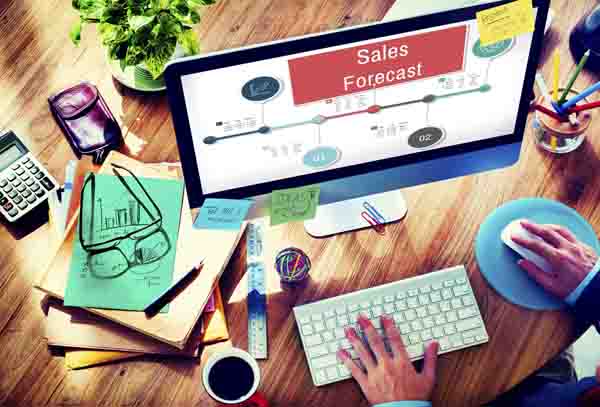Attributed to: Laura Valerio, Principle Consultant EMEA at Highspot
More often than not, sales enablement is mistaken as a function that caters towards salespeople and salespeople alone. It is frequently conflated with training and coaching for sales professionals, and is even confused with operational functions of a business, when in reality it is a more strategic discipline that focuses on making all ‘go-to-market teams’ more effective at closing deals and driving revenue at scale.
Removing internal friction to accelerate time to proficiency
Without central coordination, business functions tend to work separately and with their own language to accelerate go-to-market execution. Despite their good intentions, this doesn’t always translate perfectly across teams and leads to misinformed, overwhelmed, and ultimately frustrated customer-facing colleagues.
It’s the sales enablement role that curates and translates this department-specific vocabulary and makes it easy to digest for the customer-facing teams, resulting in consistent well informed messaging and ultimately happier prospects.

A modern enablement function is in fact a centralised intelligent orchestration of all initiatives, processes and tools that empower go-to-market people to quickly adapt and adjust to the market needs, and confidently deliver value to customers and win the market.
Having one strategic function, such as sales enablement that streamlines multiple functions to work more efficiently is critical, especially when ‘the average number of interactions in a B2B buying cycle has jumped 54% over the past 2 years’ (Forrester R: Blog Post: The Great Sales Content Disconnect). Selling is becoming more complex.
In times of economic uncertainty and geo-political unrest, businesses and especially go-to-market teams need to quickly find new ways to manage, adapt and embrace change, remaining ahead of the curve by anticipating new customers’ needs and behaviours. By bridging teams and streamlining processes, enablement also impacts how quickly key business milestones are met. It comes down to thinking about how businesses can do more with less, for leaders, this is measured in profitable growth and scalability.
It’s bigger than just efficiency
Enablement doesn’t just impact the way go-to-market people work, but when you have good alignment between sales, marketing and operations, and a fit for purpose tech stack, you can obtain the data to really understand what is working well in your business, as well as what is not working. It’s proven that implementing a sales enablement technology will accelerate productivity and efficiency across the workforce, not just in the long term but ‘near term’. Having access to Leading indicators allow you to quickly identify and replicate the successes of your teams, whilst highlighting areas for improvement, with real time Insights leading to meaningful action.
The added value of on time data and insights isn’t something businesses can afford to ignore. It’s thanks to them that business leaders can boost productivity and develop highly cross-collaborative teams, resulting in effectively achieving shared company goals.
Contextual guidance at the right time
Having sales enablement as a core function will help businesses not just survive the current economic headwinds, but thrive, with the power of data to prove its value.
With 67% of UK sales and marketing professionals identifying the cost of living crisis as one of the issues likely to have the greatest impact on their KPIs over the next year, businesses should be looking to do whatever they can to support both of these key business functions.
This can be done by making each sales rep more efficient by giving them time back via content management and simplified curated comms from the rest of the business. Consequently, this allows them to spend more time talking to potential prospects, upskill themselves and ultimately achieving targets quicker.
Enablement technology helps you operationalise your strategy, make faster decisions and understand what you need to do next in order to improve speed of execution through real-time data and insights. Sales enablement professionals work with other functions across the business to assist go-to-market teams on how they can get from point A to point B, using the insights that the technology provides.
The secret to productivity is enablement; it helps improve efficiencies across the organisation, helping the business to make decisions faster and leaders to forecast better.
Enablement is for the now and for the future
72% of sales and marketers equally agree that implementing sales enablement to support sales and marketing is something they believe their company should consider in the near future. However, there’s a lot of education needed on how sales enablement can help business leaders and their companies, but we as enablement enthusiasts need to be showing the value sales enablement brings with hard numbers.
Increasing numbers of companies are starting to embrace AI-powered software. According to Gartner, Sales enablement budgets will increase by 50% within the next five years as a way to address shifting buyer preferences, boost seller effectiveness and drive revenue growth.
This represents a shift in attitude towards enablement that is long overdue, and serves as a testament to how it can be utilised by businesses to overcome difficult times by being smarter and more calculated in their decision making, rather than only thinking about enablement during times they are looking to grow.

